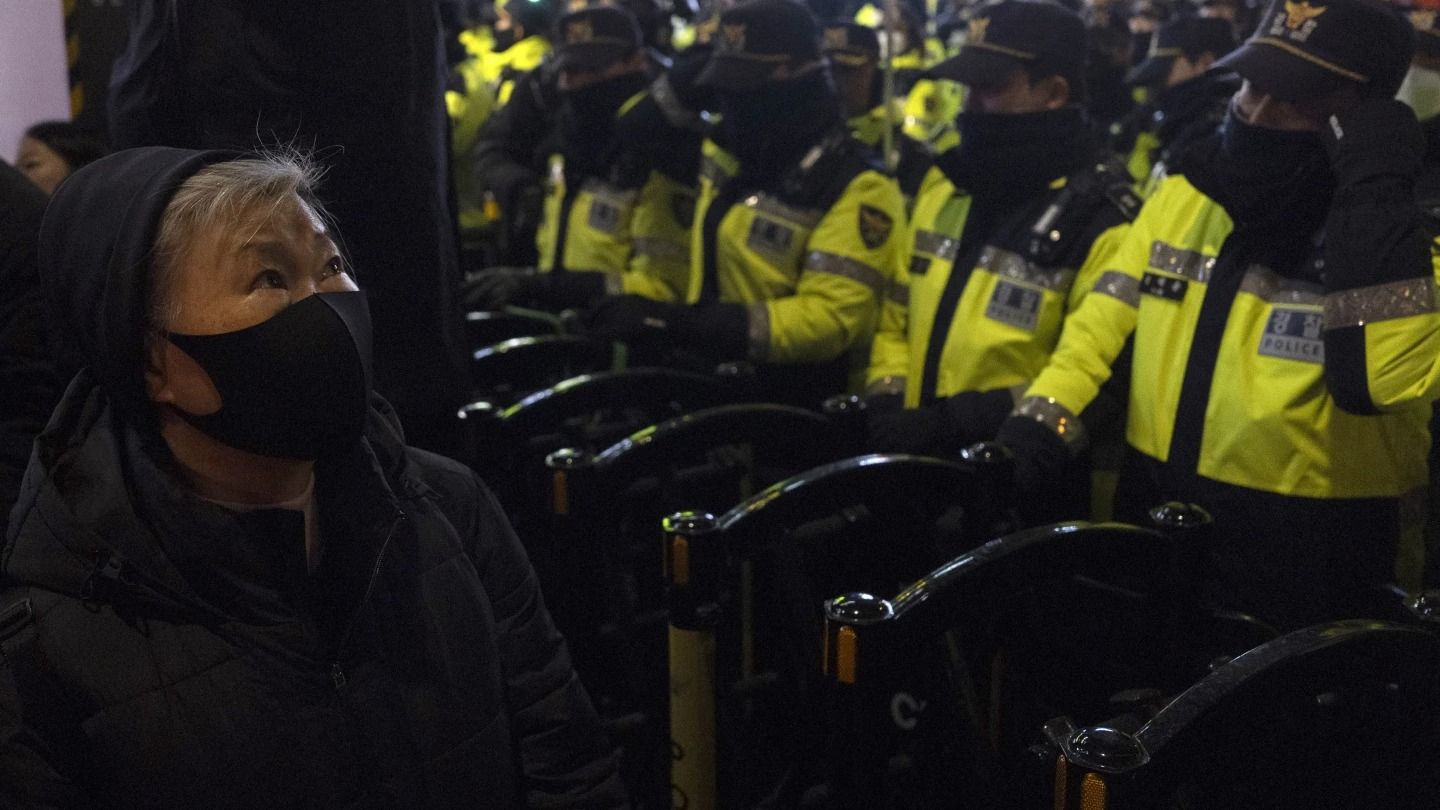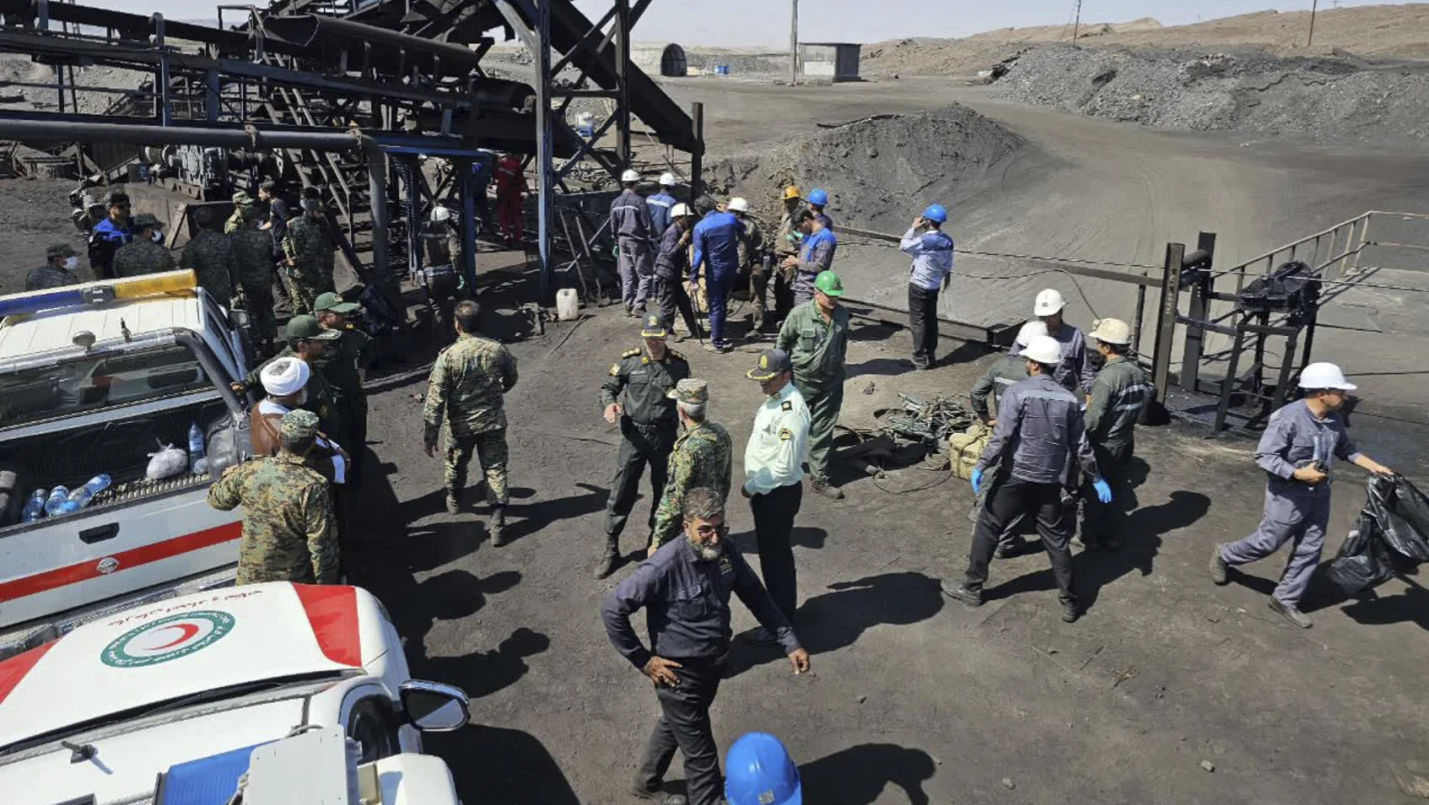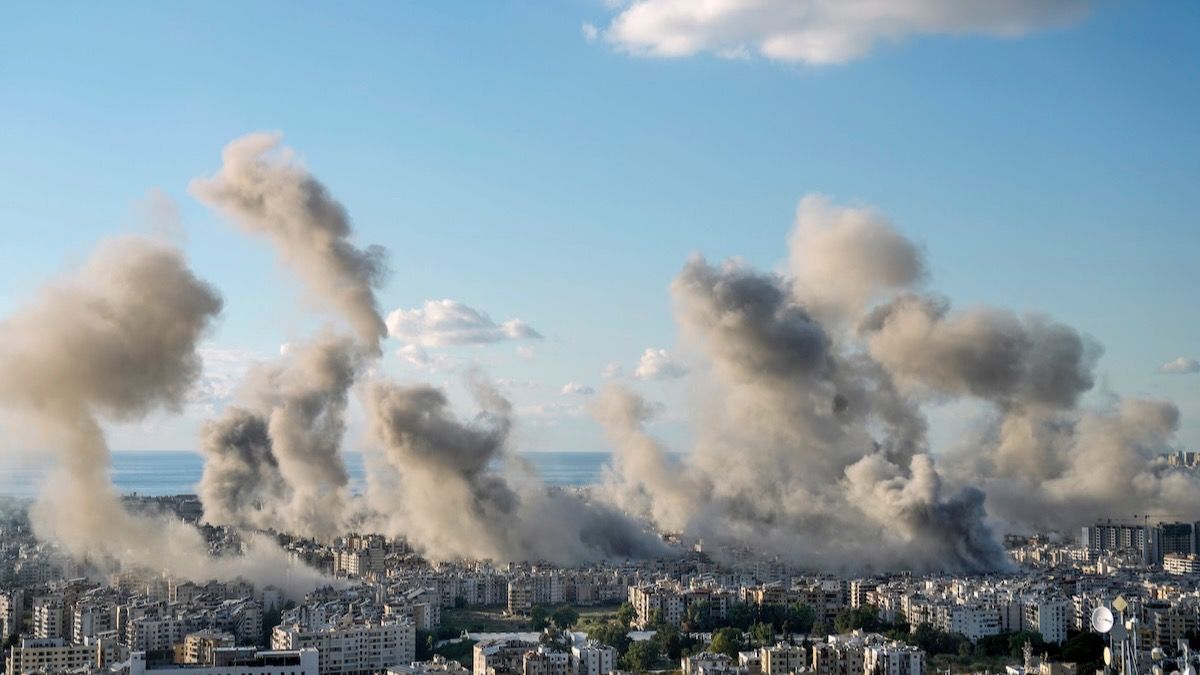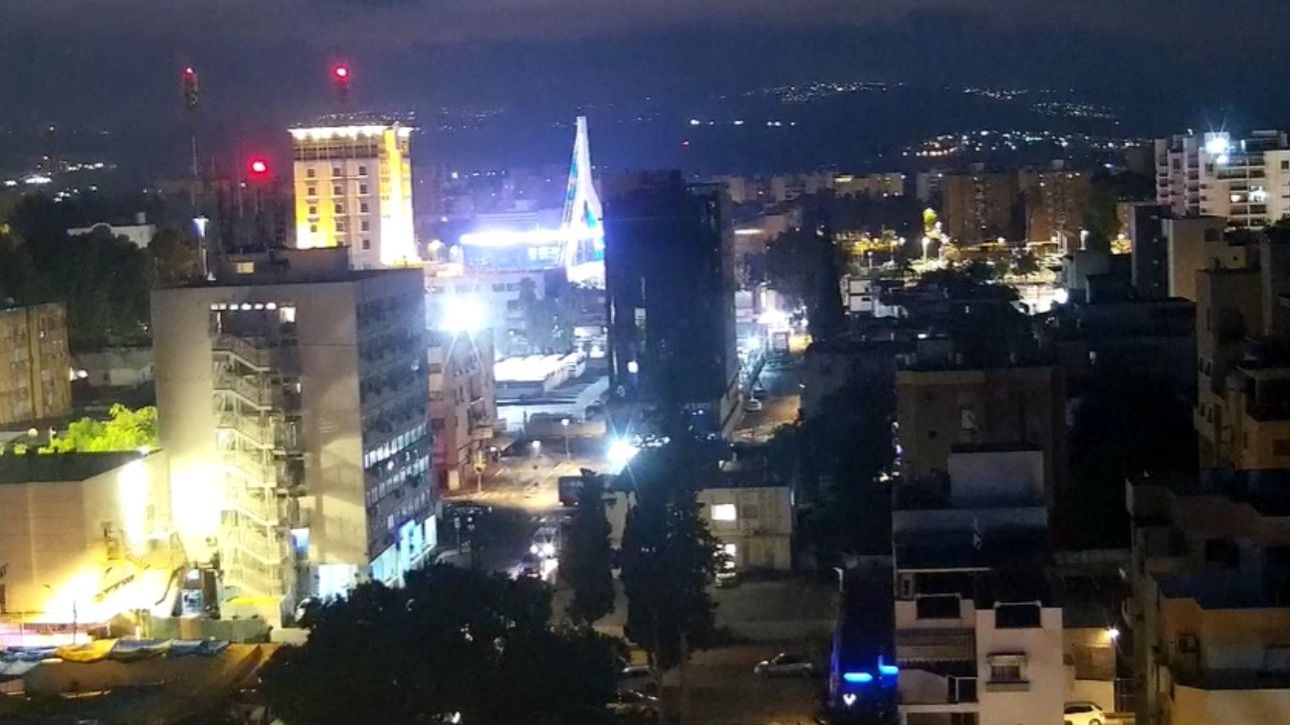SEOUL: South Korean President Yoon Suk Yeol is facing a potential impeachment vote following a failed attempt to impose martial law, which shocked the nation as well as the international community. The martial which was effective only for six hours deployed armed troops in the streets of Seoul and was overruled after the National Assembly unanimously rejected it. The government quickly overruled the decree by early Wednesday morning.
In response to the turmoil, President Yoon accepted the resignation of his Defense Minister, Kim Yong Hyun, on Thursday. Kim had previously offered to step down, taking responsibility for the chaos, saying that all troops involved were acting on his orders. Kim also apologized to the public for the disruption caused. Yoon appointed Choi Byung Hyuk, a retired four-star general and South Korea’s ambassador to Saudi Arabia, as his new defense minister.
The opposition parties, led by the Democratic Party, submitted a joint motion for Yoon’s impeachment on Wednesday, accusing him of attempting a “self-coup” by mobilizing the military. The impeachment motion, which was introduced early Thursday in the National Assembly, can be put to a vote within 72 hours, meaning it could occur between Friday and Sunday. If it’s not voted on within that period, the motion will be dismissed, but a new one could be submitted.
However, the motion’s prospects are uncertain. Yoon’s ruling conservative People Power Party (PPP) has vowed to oppose the motion. PPP floor leader Choo Kyung-ho stated that the party would meet again to determine how to block the motion, with some members possibly choosing to boycott the vote or cast ballots against it. To impeach Yoon, two-thirds of the 300 National Assembly members, or 200 votes, are needed. The opposition holds 192 seats, and additional support from some PPP members is crucial. Notably, 18 PPP lawmakers from an anti-Yoon faction had already voted against the martial law decree.
PPP leader Han Dong-hun, head of the anti-Yoon faction, expressed concern about the political damage caused by the martial law attempt. He is working to ensure the impeachment motion fails, despite his own criticism of Yoon’s actions, which he called “unconstitutional.” Han emphasized the need to avoid repeating the chaos of the 2016 impeachment of President Park Geun-hye, which led to her removal from office and imprisonment.
If Yoon is impeached, he will temporarily lose his presidential powers until the Constitutional Court rules. In this case, Prime Minister Han Duck-soo would assume the presidential responsibilities.
The impeachment motion accuses Yoon of failing to meet the constitutional requirements for martial law, which should only be declared in times of severe crisis. It also argues that his actions—attempting to suspend political party activities and deploying troops to seal the National Assembly—amount to rebellion. Yoon’s declaration was the first of its kind in more than 40 years and recalled South Korea’s past military-backed governments, where similar measures were used to suppress anti-government protests.
The martial law decree, which saw troops patrolling the streets with assault rifles and helicopters flying overhead, sparked confusion as lawmakers, including opposition leader Lee Jae-myung and National Assembly Speaker Woo Won Shik, were seen scaling walls to enter the parliament and vote against Yoon’s decree. Although the troops and police blocked some lawmakers, they did not use force against others.
The fallout from the martial law attempt has left South Korea’s political landscape in turmoil as the country watches to see whether Yoon will survive the impeachment challenge.
South Korean President to Face Impeachment Vote Today After Martial Law Debacle | Top Points world-news World News | Latest International News | Global World News | World Breaking Headlines Today





